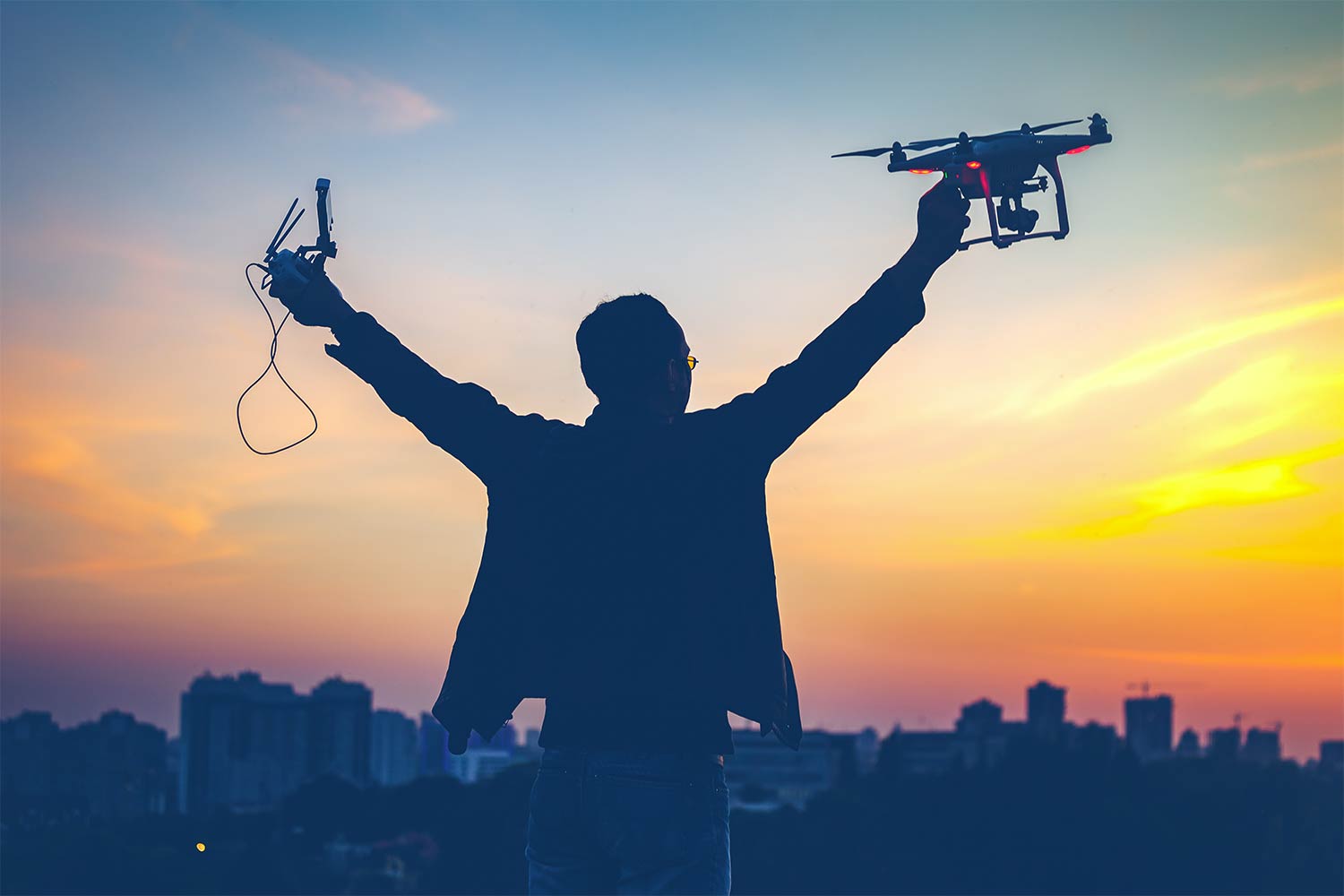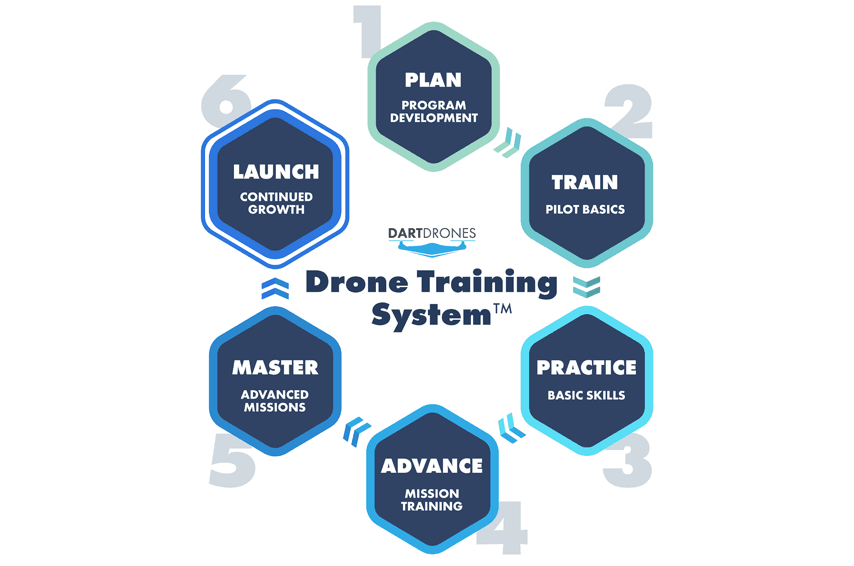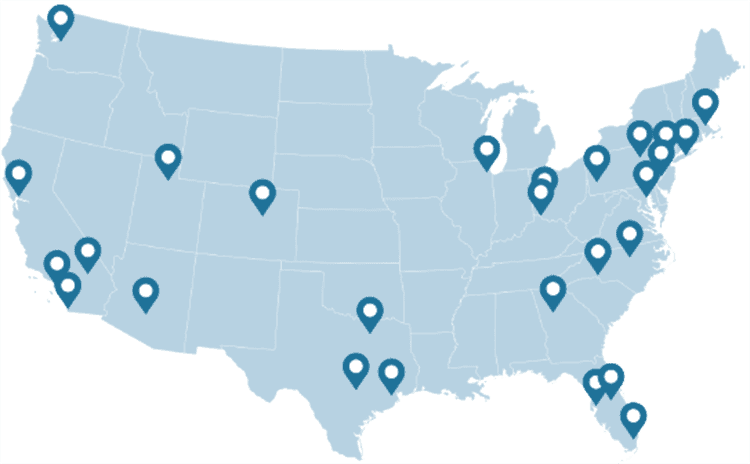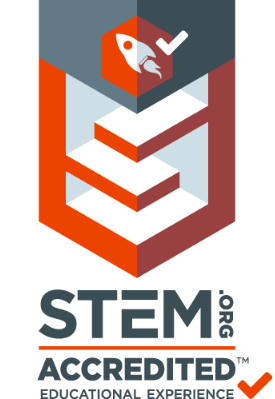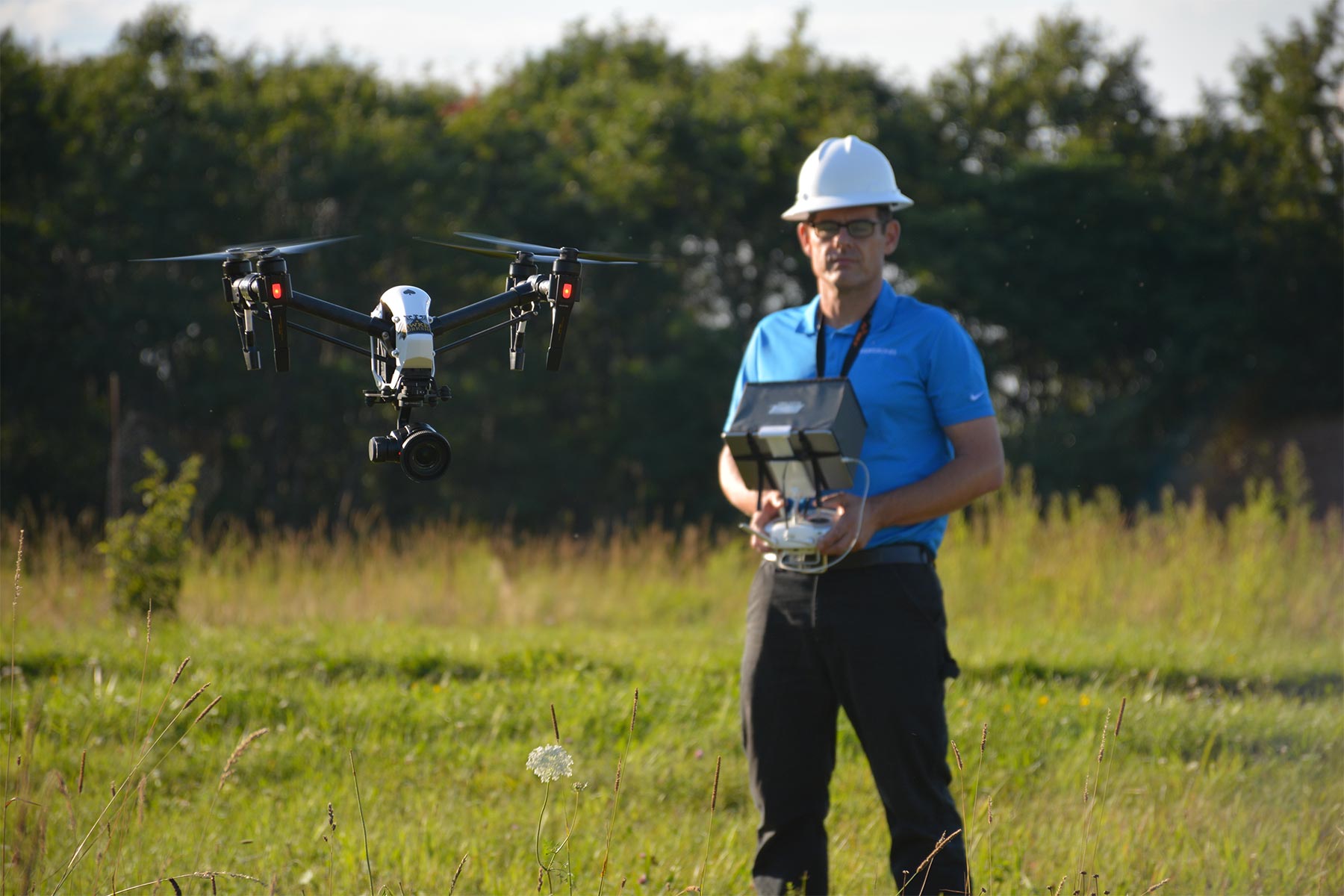
11 Qualities of a Great Commercial Drone Pilot | DARTdrones Drone Pilot School
With the recent growth of unmanned aircraft into the commercial drone sector, many companies have found themselves in the position of needing to create new jobs for FAA Part 107 Certificated Remote Pilots. Considering the relative infancy of commercial small Unmanned Aircraft Systems (sUAS) operations, this has created a fairly limited, yet rapidly growing pool of applicants that all share one basic qualification – an FAA airman certificate or “drone pilot license.”
A drone pilot license to fly a sUAS under Part 107 of the Federal Aviation Regulations (FARs) does not take much time to obtain. This typically requires that the applicant be 16 years of age or older and able to pass a 60 question, multiple-choice exam, known as the Part 107 exam. As a result, many employers are now left wondering, what other qualities and experience should we be looking for in a commercial drone pilot?
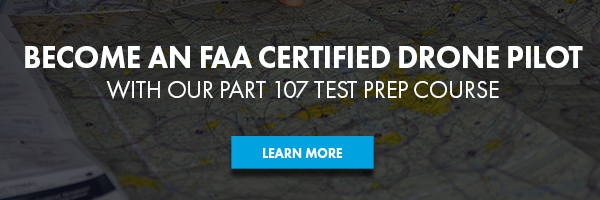
Qualities of a Great Commercial Drone Pilot
DARTdrones Drone Pilot School has trained thousands of new commercial drone pilots and these are the eleven most important qualities that we have identified:
1. Detail Oriented
A commercial drone pilot needs to be detail oriented. To be a safe sUAS pilot, an individual should use checklists, create safety procedures, and be very alert to changes in weather or situational safety. The equipment also requires a tremendous amount of time and effort to keep the drone and the software maintained. A person who skips steps and cuts corners is not likely to be a very effective and safe commercial drone pilot.
2. Socially Confident
Drone pilots are constantly approached by the public and asked questions about their equipment, how to fly, and what they are doing. If you are likely to be become uncomfortable in a situation where people are watching you complete a difficult task and bombarding you with questions, you may want to rethink if becoming a drone pilot is right for you
3. Calm and Collected
Flying a drone is stressful. There is a lot that can go wrong when flying a commercial drone and as we just discussed, you are often completing a complicated task in front of an audience. If you are someone that does not handle stress well or the rush of panic that comes over you if your drone begins to malfunction, you will likely not enjoy being a commercial drone pilot.
4. Disciplined
A commercial drone pilot needs to be able to fully understand and comprehend the consequences of their actions. A drone is considered an aircraft by the FAA. A good drone pilot does not break the rules or cut corners and takes the time to consider the consequences of their actions.
5. Punctual
In many instances, an aerial image is being collected to gather data or an image at a specific point in time. A safe sUAS pilot should arrive on site early enough to conduct a thorough site and weather assessment, scout the area, identify potential hazards, and test their equipment. If a drone pilot arrives late to the site, they are likely to rush through important steps and be more likely to cause an accident.
6. Organized
In order to fully maintain procedural discipline and to gain the utmost levels of safety and consistency in performance under a range of both normal and challenging conditions, many sUAS operators will meticulously create a plan for each mission as well as a plan to maintain, organize, label, and store their equipment.
7. Humble
Flying a drone is an inherently risky situation. Ultimately, a company is responsible for accidents caused by their pilots. Companies need to protect themselves by ensuring that their commercial pilots are competent, safe, and extensively trained. A pilot who thinks him or herself invincible and above proper procedure will be likely to cause accident or damage. A good pilot will understand that accidents are possible and will not overestimate their abilities, but still be confident enough to successfully conduct a mission.
8. Passionately Involved
The sUAS industry is brand new and ever-changing. If you are a new commercial drone pilot and don’t have many questions, you are doing something wrong. There are very few final sources of answers for questions about drones. Be ready and willing to seek help, build a community, and search for answers as you hone your skills in becoming a drone pilot.
9. Inquisitive
Just like an unmanned aircraft, good drone pilots are data gathering machines! They ask questions in order to gain perspective on a situation. Part of being a good sUAS operator is being able to assess a flight location, gather information on a variety of factors, and make final decisions related to the specifics of the appropriate flight plan. A pilot that takes the time to properly prepare and gather information has a much better chance of conducting safe and successful flights with a flawless record than a pilot that simply treats every flight the same as the last. Don’t be surprised if a quality drone operator candidate asks a lot of questions during an interview. By nature, they are always trying to gather information in order to paint their own clear perspective of their life and the world going on around them.
10. Self-Aware
A good drone pilot will know their strengths, weaknesses, and personal limits. Drone pilots must be able to analyze a situation and know when not to fly. When the pressure is on to conduct a flight, a pilot with a mind focused on aviation and safety will be able to call off the flight, and give exact reasons why they did so.
11. Decisive and Commanding
A commercial drone pilot must understand their position as the Pilot in Command (PIC). The PIC is ultimately the decision maker and must answer for any decisions that they or their crew carry out. Knowing how to make proper Go/No Go Decisions and when to set limitations or boundaries on flight is a must. A great commercial drone pilot must have the ability to step up as the leader and guide their crew to completing a safe flight.
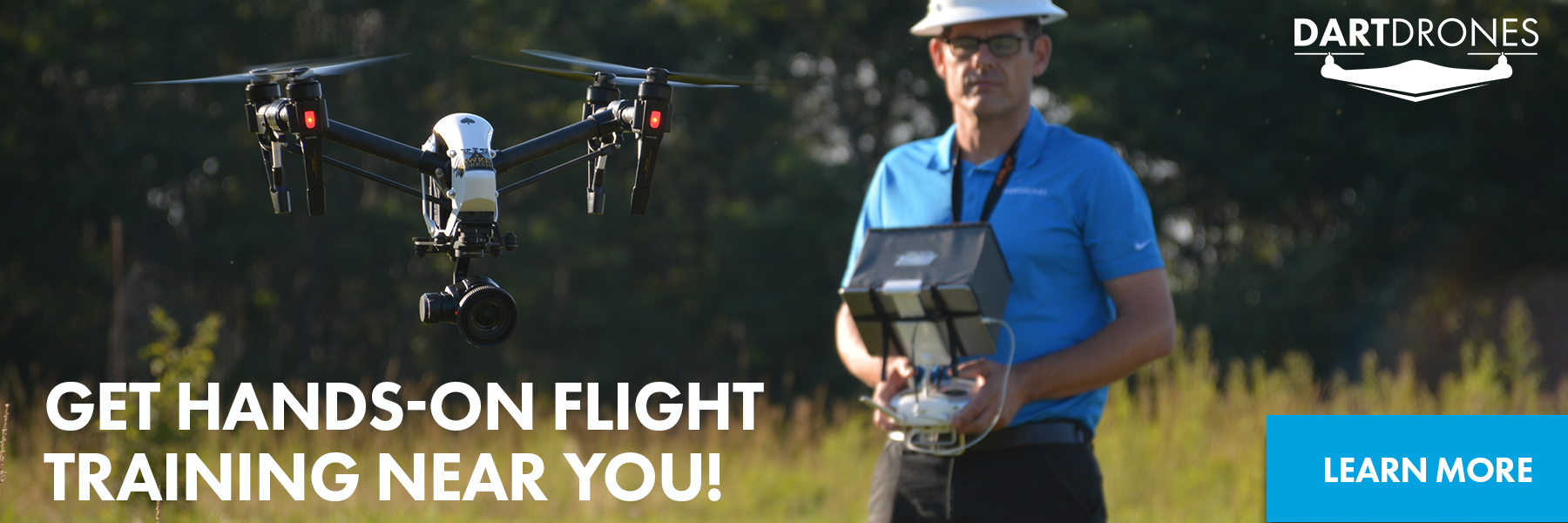
Next Steps
Now is the time to ask yourself if becoming a commercial drone pilot is the right fit for you. Are you going to panic when a crowd of twenty is watching you fly close to a building? Will you rush through your important checklists and cause an accident? Are you going to show up to a job with dead batteries because you forgot to charge them? This is the time to take a step back and look at yourself to see if you a great fit for this role. It is important to note that even if you feel you lack one of these qualities, by remaining self-aware of your short comings and working to improve your abilities, you can still become a great Pilot-in-Command.
DARTdrones Drone Pilot School is the nationwide leader in drone training and consulting for individuals and organizations. For commercial drone pilot training or Part 107 Test Prep, visit www.dartdrones.com or call us at 800-264-3907.



